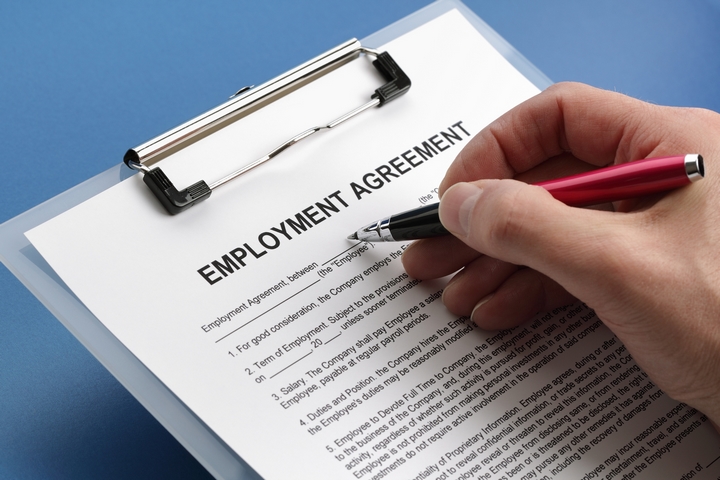The work place can sometimes be a contentious arena of employer and employee relations, with issues such as workplace bullying, promotion and demotion and many other concerns that affect people who work. Left alone, seemingly small issues can become destructive to a workplace, even bringing work to a complete halt. Below are four employment policies that you need to be familiar with, especially if you’re a millennial employee entering the workplace:
1. The workplace is increasingly complex

The matters that affect workplace life have only become more and more complex, and employment lawyers are well versed in dealing with them. Lawyers can advise either the employer or employees on issues as diverse as hiring and termination practices, policies, remuneration, benefits, disputes between employees, promotions, and many other issues that impact people on the job.
Are you an employer trying to promote non-discriminatory practices in the workplace? An employment lawyer may help with drafting good policies. Are you an employee who is being bullied by a co-worker? An employment lawyer can advise you on your rights, and where to turn for help and support.
2. Federal and provincial legislation addresses major issues

Federal and provincial legislation exists to help clarify employment standards for workers. They include issues such as overtime, statutory holidays, terms of employment, and vacation, among others. Provinces also set minimum wage standards, which can vary widely from province to province. It can be helpful for both employers and employees to know the basic requirements that each province has in place through its employment standards act in order to avoid unnecessary turmoil and possible job disruption in the workplace.
3. When to call in an employment lawyer

An employment lawyer addresses the range of issues that might impact someone on the job, and also offer employers the tools to help work go smoothly. Good policies in the workplace, along with fair employment and non-discrimination procedures, are just some of the ways to avoid potential problems in any workplace setting.
An employment lawyer can help set up procedures to avoid needless worker disputes that can negatively impact the employer-employee relationship. Bringing a lawyer in to review recruitment, hiring, promotion and other practices on a regular basis may be expensive, but could also avoid significant disruptions down the road.
4. Protecting yourself with legal precautions

An employment lawyer might advise on issues of severance pay when an employee is let go or an organization goes bankrupt, or pay and benefit equity issues among employees doing the same work, or assist employers to draft a fair and equitable set of workplace policies. In one sense, an employment lawyer stands in the middle between the employer and employee, and works to strike a harmonious balance that allows the employer to achieve its goals and employees to receive fair treatment and compensation for the work they do. That job can be challenging.
Employment law is a challenging area because it addresses both the productivity of any work environment as well as the significance of work in a person’s daily life. The employer seeks to maximize worker output while the worker wants to balance his efforts on the job with the rest of his life including friends and family. As such, a good employment lawyer might be the best choice to ensure that the needs of both the employer and employee are met and balanced.

